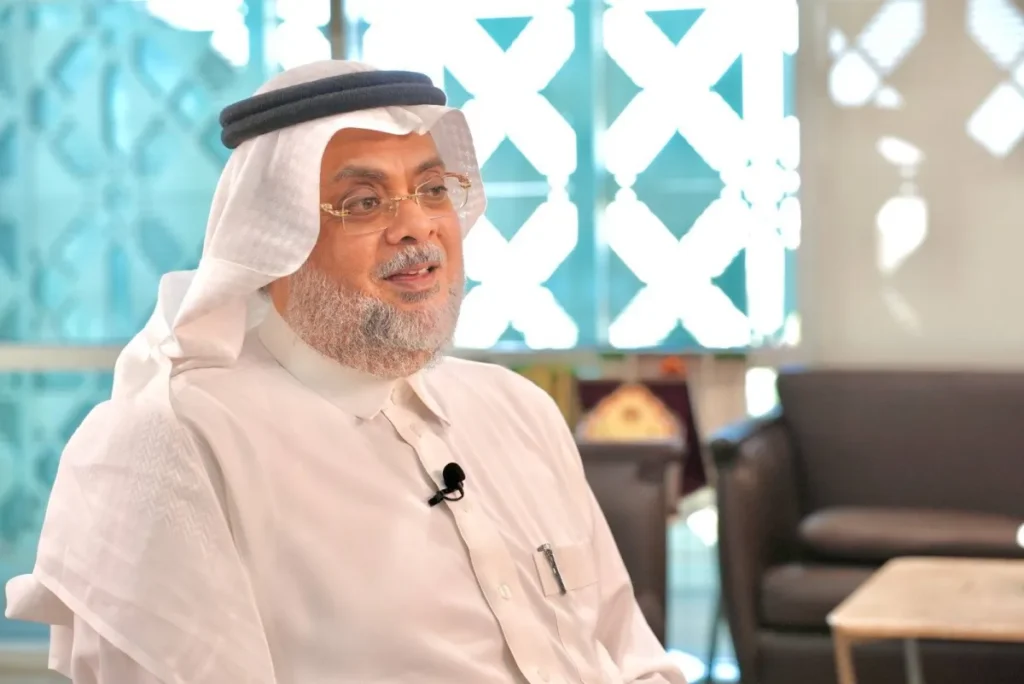Saudi Arabia will celebrate the annual Saudi Green Initiative Day on Thursday, showcasing national efforts to promote environmental sustainability and combat climate change.
The event comes as the kingdom makes significant progress toward the initiative’s goals, launched by Crown Prince Mohammed bin Salman in 2021. The plan aims to cut carbon emissions, expand green cover, and protect natural resources.
The Saudi Green Initiative has achieved significant milestones across various sectors in recent years, according to Dr. Osama Faqeeha, Deputy Minister for Environment at the Ministry of Environment, Water, and Agriculture.
Since its launch, the kingdom has expanded its protected areas by more than 400%, rising from 4% of the country’s territory in 2016 to 18% today. National parks have also seen a dramatic increase, growing 100-fold from 40,000 hectares to 4 million hectares, fostering vegetation across the kingdom.
More than 300,000 hectares of degraded land have been rehabilitated through afforestation, protection efforts, and curbing wood-cutting practices, transforming once-barren areas into thriving landscapes.
Saudi Arabia has planted around 140 million trees as part of its afforestation efforts, but success is measured by sustainability, not numbers, affirmed Faqeeha.
He said all planted trees are native species and rely on renewable water sources, including dams, rainfall, and seawater. Mangroves, which thrive along the Red Sea and Arabian Gulf coasts, are a key focus of these efforts.
At the latest Green Saudi Initiative annual forum, Saudi Arabia announced five new initiatives worth 225 million riyals ($60 million) and signed 14 memorandums of understanding, coinciding with the UN Convention to Combat Desertification (COP16).
Faqeeha highlighted the kingdom’s global environmental leadership. During its G20 presidency in 2020, Saudi Arabia launched the Global Land Initiative, which was endorsed by all member states.
The kingdom also introduced the Global Coral Reef R&D Platform, aimed at restoring coral reefs and advancing research and development, with participation from 100 countries.
Investing in the environment yields significant returns, whether social, economic, or environmental, said Faqeeha. He noted that Saudi Arabia has allocated hundreds of billions of riyals to support the Saudi Green Initiative.
The initiative focuses on two main pillars: clean energy and carbon emission reductions, and the protection of biodiversity and desertification combat. Investments in these areas exceed 700 billion riyals, with a substantial contribution from the private sector.
Additionally, Saudi Arabia launched the Environmental Fund, one of the largest environmental funds in the region, aimed at promoting sustainable environmental practices.
The kingdom also adopted a National Environmental Strategy, comprising 64 initiatives covering various environmental sectors, including natural and marine habitat conservation, pollution reduction, enhanced meteorological services, and waste management.
Speaking recently to Asharq Al-Awsat, Adel Al-Jubeir, Minister of State for Foreign Affairs and Climate Envoy, highlighted that Saudi Arabia’s investments and commitments within the Saudi Green Initiative encompass over 85 initiatives and projects, valued at more than $180 billion, underscoring the kingdom’s dedication to achieving a sustainable environmental transformation.



